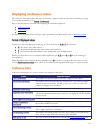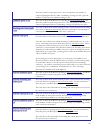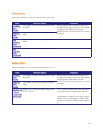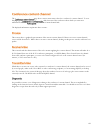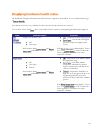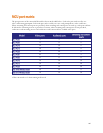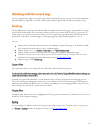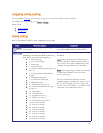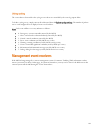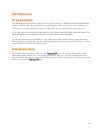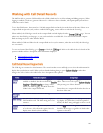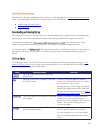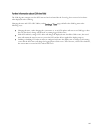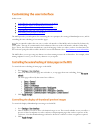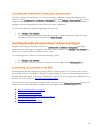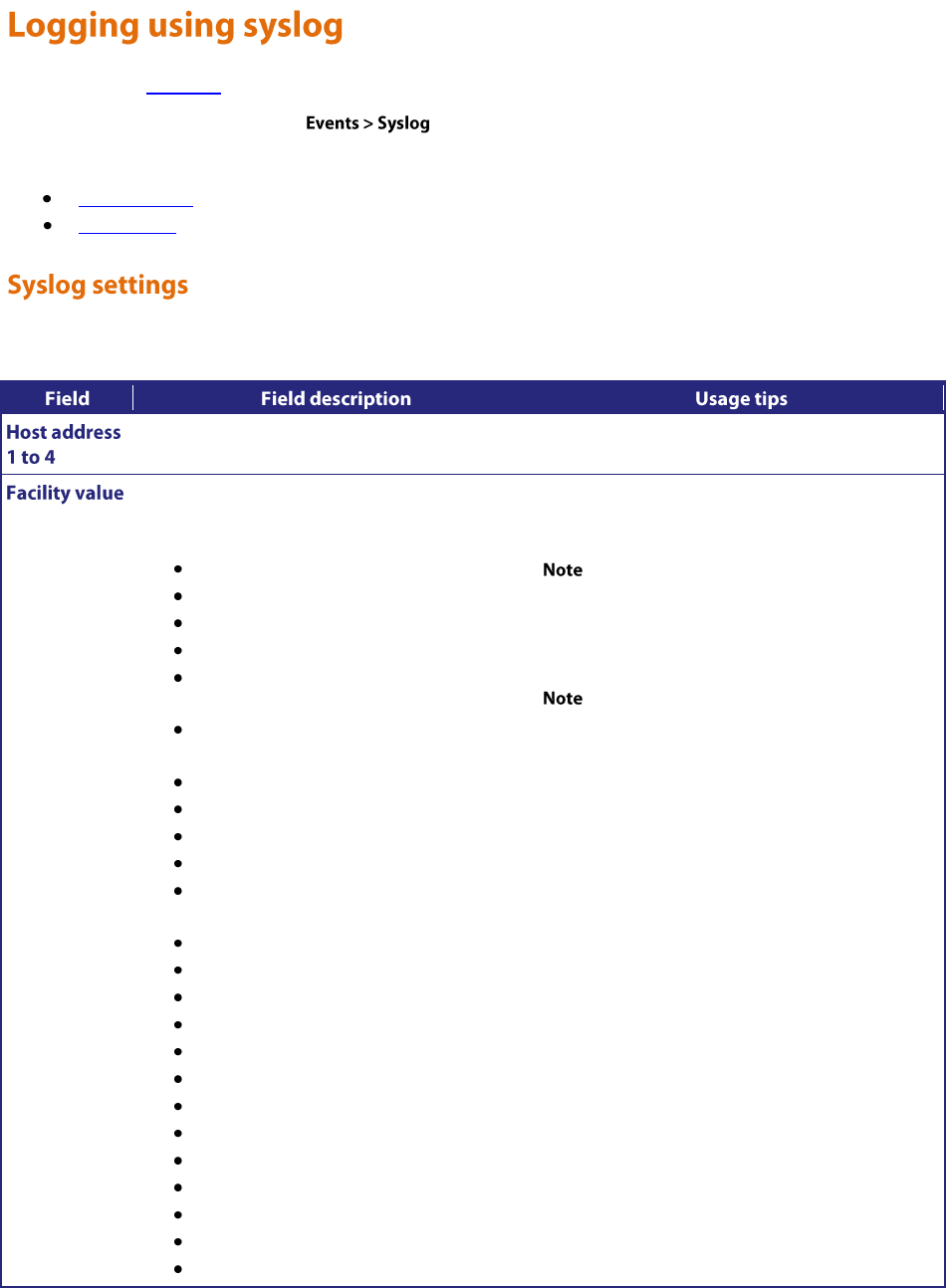
163
You can send the Event log to one or more syslog servers on the network for storage or analysis.
To configure the syslog facility, go to
In this section:
Syslog settings
Using syslog
Refer to this table for assistance when configuring Syslog settings:
Enter the IP addresses of up to four Syslog
receiver hosts.
The number of packets sent to each configured
host will be displayed next to its IP address.
A configurable value for the purposes of
identifying events from the MCU on the Syslog
host. Choose from the following options:
0 - kernel messages
1 - user-level messages
2 - mail system
3 - system daemons
4 - security/authorization messages (see
Note 1)
5 - messages generated internally by
syslogd
6 - line printer subsystem
7 - network news subsystem
8 - UUCP subsystem
9 - clock daemon (see Note 2)
10 - security/authorization messages
(see Note 1)
11 - FTP daemon
12 - NTP subsystem
13 - log audit (see Note 1)
14 - log alert (see Note 1)
15 - clock daemon (see Note 2)
16 - local use 0 (local0)
17 - local use 1 (local1)
18 - local use 2 (local2)
19 - local use 3 (local3)
20 - local use 4 (local4)
21 - local use 5 (local5)
22 - local use 6 (local6)
23 - local use 7 (local7)
Choose a value that you will remember as being
the MCU.
: Various operating system daemons and
processes have been found to utilize Facilities 4,
10, 13 and 14 for security/authorization, audit,
and alert messages which seem to be similar.
: Various operating systems have been found
to utilize both Facilities 9 and 15 for clock
(cron/at) messages.
Processes and daemons that have not been
explicitly assigned a Facility value may use any of
the "local use" facilities (16 to 21) or they may
use the "user-level" facility (1) - and these are the
values that we recommend you select.



